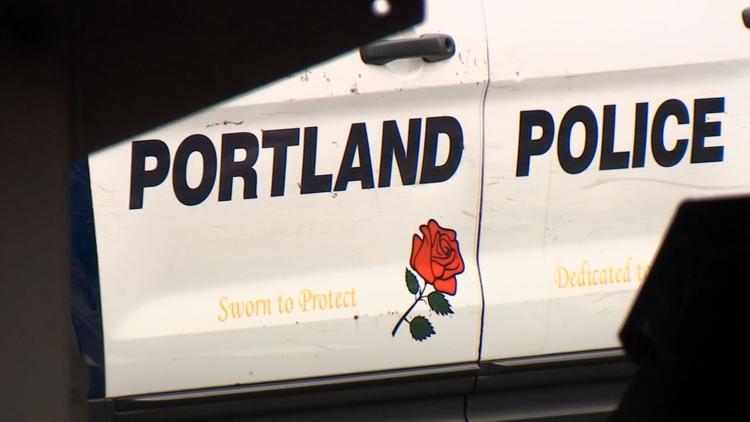Portland Police in ‘substantial compliance’ with DOJ settlement

PORTLAND, Ore. (AP) — A team of academics hired by Portland to oversee the city’s settlement agreement with the U.S. Department of Justice on police reforms has found the Police Bureau in “substantial compliance” with every paragraph of the agreement.
According to Dennis Rosenbaum and his team, their rating of “substantial compliance” means the city and police have adopted systems of review and organizational changes to address problem trends, with new approaches to auditing and training, the Oregonian/OregonLive reported.
A judge approved the settlement in 2014, after a federal Justice investigation found police engaged in excessive force against people with mental illness and fired multiple cycles of Taser gun shocks unnecessarily.
U.S. District Judge Michael H. Simon will make the final ruling when all parties to the case return to his court Feb. 25. The court retains oversight until a judge finds that the city has substantially complied with the agreement for one year. In June, Simon said he wanted assurances that the city’s new community group charged with overseeing police reforms is effective.
Rosenbaum found that the Portland Committee on Community-Engaged Policing “is functioning as a legitimate body for community engagement,” despite its sparse attendance. The group has spent much of its first months adopting bylaws and setting up subcommittees, filling vacancies from resignations and offering recommendations for a police bureau plan on how police can better connect with the public they serve.
It has created subcommittees on mental illness, race and ethnicity, youth and the settlement agreement. Last week, the City Council adopted a police “Community Engagement Plan” that the chief and committee co-chair Lakayana Drury presented to council, a requirement of the settlement.
“In sum, we believe this group is engaging effectively with the community and PPB and has the authority to hold the PPB accountable for tactics and strategies linked to public trust,” Rosenbaum wrote.
While Mayor Ted Wheeler, who serves as police commissioner, and Chief Danielle Outlaw praised the plan, Commissioner Jo Ann Hardesty criticized the length of time it took to draft one, noting it was a requirement of the 2014 settlement agreement.
“It was mandated by the DOJ. It took us a very, very, very long time to get a draft,” she said. “Once again, I’m concerned it was led by the police, not the community.”
Dan Handelman, of the police watchdog group Portland Copwatch, said Rosenbaum’s report suggests that “compliance is more about ‘did the City check the box,’ than it is about ‘did it produce the desired outcomes in a sustainable way.'”
Since the settlement agreement, the reforms to the bureau’s deadly force policy and training haven’t resulted in a decrease in police shootings of people in mental health crisis, Handelman said.
The adoption of a community engagement plan “is not the same as one that lends to community trust,” he said.
Amanda J. Marshall, an Oregon City lawyer who sits on the new community group’s subcommittee on mental illness, said the subcommittee believes there are some parts of the settlement that haven’t been fully met.
In particular, the settlement called on coordinated care health organizations to “immediately create addictions and mental health-focused subcommittee(s),” with input from Portland police, firefighters and dispatchers to “pursue immediate and long-term improvements to the behavioral health care system,” but that hasn’t occurred, its members say.
AP Only 2019